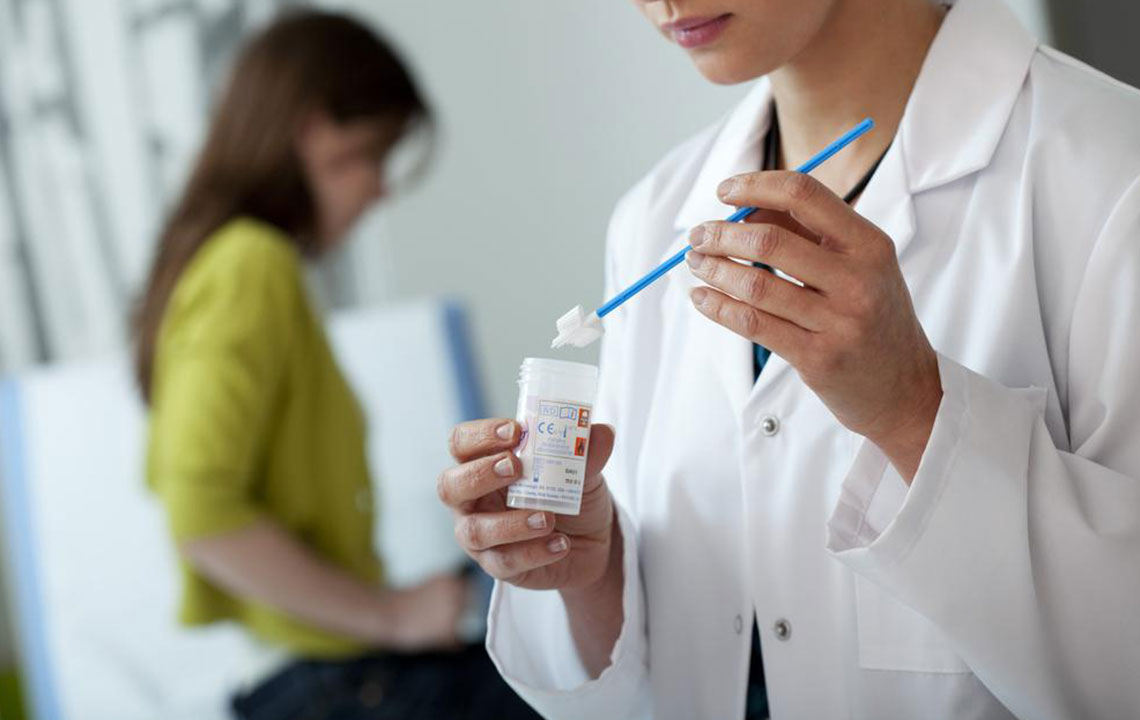Effective Methods to Alleviate Vaginal Dryness and Enhance Comfort
Vaginal dryness affects many women and can significantly impact comfort and intimacy. This comprehensive guide explores causes, symptoms, and a variety of effective treatments, including lubricants, local estrogen therapy, natural oils, and lifestyle tips. Consulting healthcare providers for diagnosis and personalized treatment ensures safe management. Preventive measures and healthy habits further support vaginal health, promoting comfort and confidence. Whether caused by menopause, medications, or lifestyle factors, women can find relief with proper care, enhancing their overall well-being and sexual satisfaction.

Effective Methods to Alleviate Vaginal Dryness and Enhance Comfort
The health of the female reproductive system is crucial for overall well-being, and one of its sensitive components—the vagina—plays an essential role in both childbirth and sexual intimacy. Vaginal dryness is a common concern experienced by women across different age groups, characterized by a lack of adequate natural lubrication that can lead to discomfort, irritation, and increased vulnerability to infections. Although it is often associated with menopause, vaginal dryness can occur at any stage of life due to a variety of factors, including hormonal changes, lifestyle choices, and medical conditions. Understanding this condition and exploring effective strategies to manage it are vital for maintaining quality of life and sexual health.
At the core of vaginal lubrication is a delicate layer of fluid supported by estrogen, a key hormone that maintains the health and elasticity of vaginal tissues. When estrogen levels decrease, such as during menopause or after certain medical treatments, the vaginal walls tend to thin and lose flexibility, leading to dryness, soreness, and discomfort. These physical changes can interfere with sexual activity, cause irritation, and elevate the risk of infections like bacterial vaginosis or yeast infections. Recognizing the symptoms early and seeking appropriate treatment can significantly improve comfort and health outcomes.
Various factors can contribute to decreased estrogen levels and subsequent vaginal dryness. These include natural physiological changes due to aging, childbirth, certain medications like antihistamines or antidepressants, lifestyle habits like smoking, and medical conditions such as autoimmune diseases—including Sjogren’s syndrome—also known for causing moisture deficiency. External products like harsh soaps, douches, scented hygiene products, and bubble baths can strip natural moisture from the vaginal area, exacerbating dryness and irritation. Additionally, stress and autoimmune disorders can affect the body's ability to produce and maintain adequate lubrication, intensifying discomfort during intimacy.
Soreness, itchiness, or burning sensations in the vaginal area
Pain or discomfort during sexual activity, with occasional light bleeding
Unusual vaginal discharge that may be thin or watery
If experiencing these symptoms, it is crucial to consult a healthcare provider for a thorough evaluation. Diagnosing the underlying causes through pelvic examinations or diagnostic tests such as Pap smears can help tailor effective treatment plans to address individual needs.
Several treatment options are available to alleviate vaginal dryness and improve tissue health:
Use of lubricants: Over-the-counter gels, liquids, or sprays can provide immediate relief during sexual activity. It's important to experiment with different products to find one that suits your needs—some formulations may work better depending on personal sensitivity and preferences. Water-based lubricants are generally safe and compatible with condoms.
Local estrogen therapy: Topical estrogen formulations—including creams, vaginal tablets, or rings—deliver hormones directly to the affected area, effectively restoring tissue elasticity and moisture. These treatments are often prescribed by healthcare providers and are considered safe for most women, especially when used as directed.
Vaginal moisturizers: Regular application of hydrating creams or gels designed to support ongoing lubrication and tissue health can provide longer-term comfort. Unlike lubricants, which are used temporarily during intimacy, moisturizers are used regularly to maintain vaginal health and prevent dryness episodes.
Hormone Replacement Therapy (HRT): Systemic hormone therapy, often in the form of pills, patches, or gels, addresses broader menopausal symptoms, including dryness, hot flashes, and mood swings. While effective, HRT may carry potential side effects, such as weight gain or increased risk of certain health conditions, requiring careful consideration and medical supervision.
Natural oils and remedies: Embracing natural oils such as coconut oil, olive oil, or almond oil can serve as gentle, safe options for natural lubrication. These oils are versatile, safe to use during intimacy, and do not contain harsh chemicals or fragrances that might irritate sensitive tissues.
To prevent dryness and maintain vaginal health, it is advisable to avoid products that can strip moisture, such as scented soaps, douches, and bubble baths. Wearing breathable, cotton underwear and staying well-hydrated can also help sustain natural moisture levels. Adopting a healthy lifestyle with a balanced diet, regular exercise, and stress management contributes to overall hormonal balance and tissue health.
Always seek personal medical advice before starting any treatment for vaginal dryness, especially if symptoms persist or worsen. An individualized approach, guided by a healthcare professional, ensures safe and effective management, improving comfort, intimacy, and overall quality of life for women experiencing this condition.





